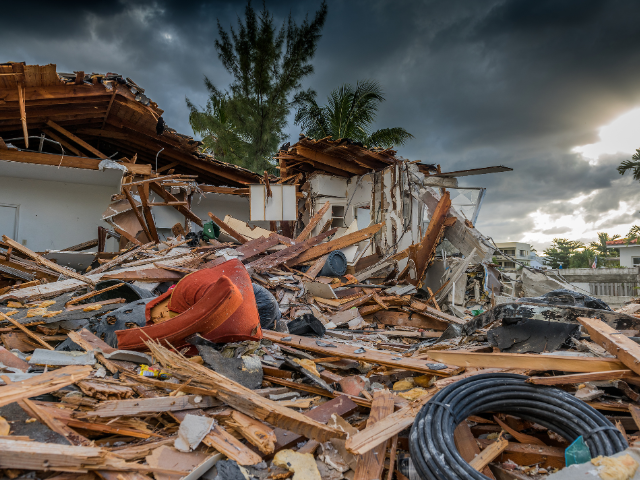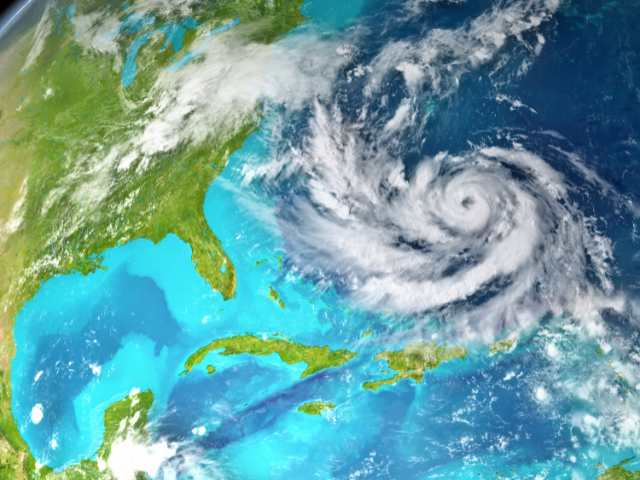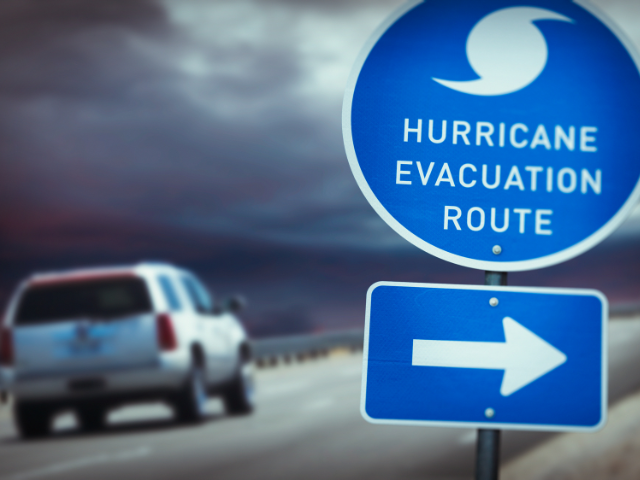Nurse Response During a Hurricane
Communication becomes a critical lifeline during a hurricane. Nurses coordinate with emergency management teams, local authorities, and other healthcare providers to ensure that patients receive the care they need. The ability to remain calm and collected while making quick decisions is crucial. Teamwork is essential in such a high stress environment; nurses heavily rely on their team to manage the unit during a storm.
Hurricanes can cause damage to an area’s infrastructure, including power outages, flooding, and transportation disruptions. These conditions further complicate the provision of medical care. Nurses may need to adapt to working without electricity, using manual methods for patient monitoring, and improvising when supplies run low. The lack of air conditioning and the potential for water contamination is incredibly unsafe for the patients and the healthcare providers.
In some cases, nurses may be required to relocate patients, such as those in nursing homes, that are in a flood-risk zone. This is a complex process and emotionally taxing, as it involves moving vulnerable individuals under difficult circumstances. Nurses must maintain organized records and ensure continuity of care amid chaos.
Treatment in the Aftermath a Hurricane
Once the hurricane passes, the challenges are far from over. The aftermath can be just as demanding as the storm itself. Nurses play a crucial role in the recovery phase, addressing the immediate healthcare needs of the community.
This can often include treating injuries, preventing the spread of infectious disease, and managing the physical and physiological impacts of the disaster. The emotional toll on the nurses cannot be understated. Bearing witness to the devastation and suffering related to the storm can cause compassion fatigue and burnout. Support systems, such as counseling and peer support, are recommended to help process mental health concerns.









